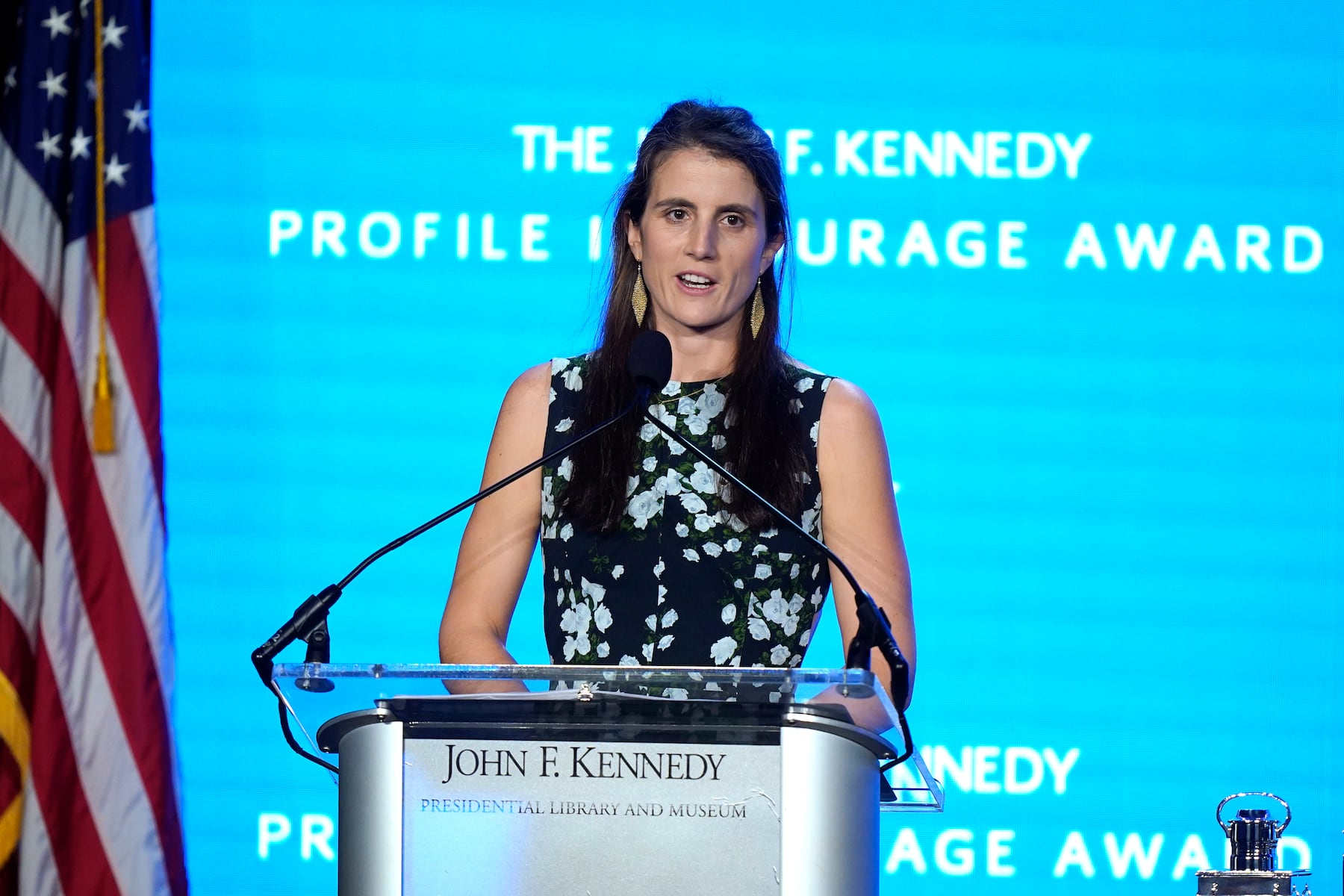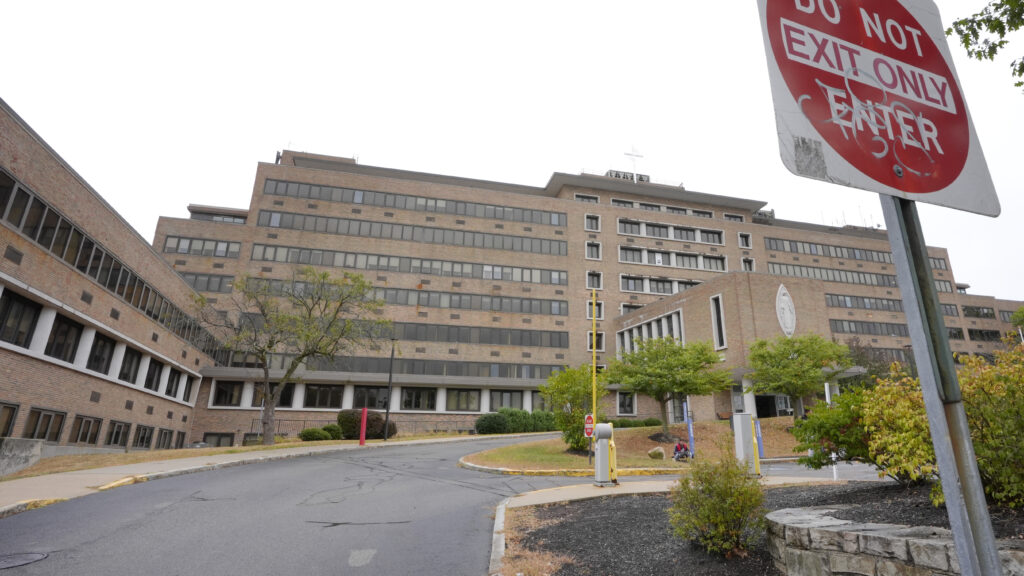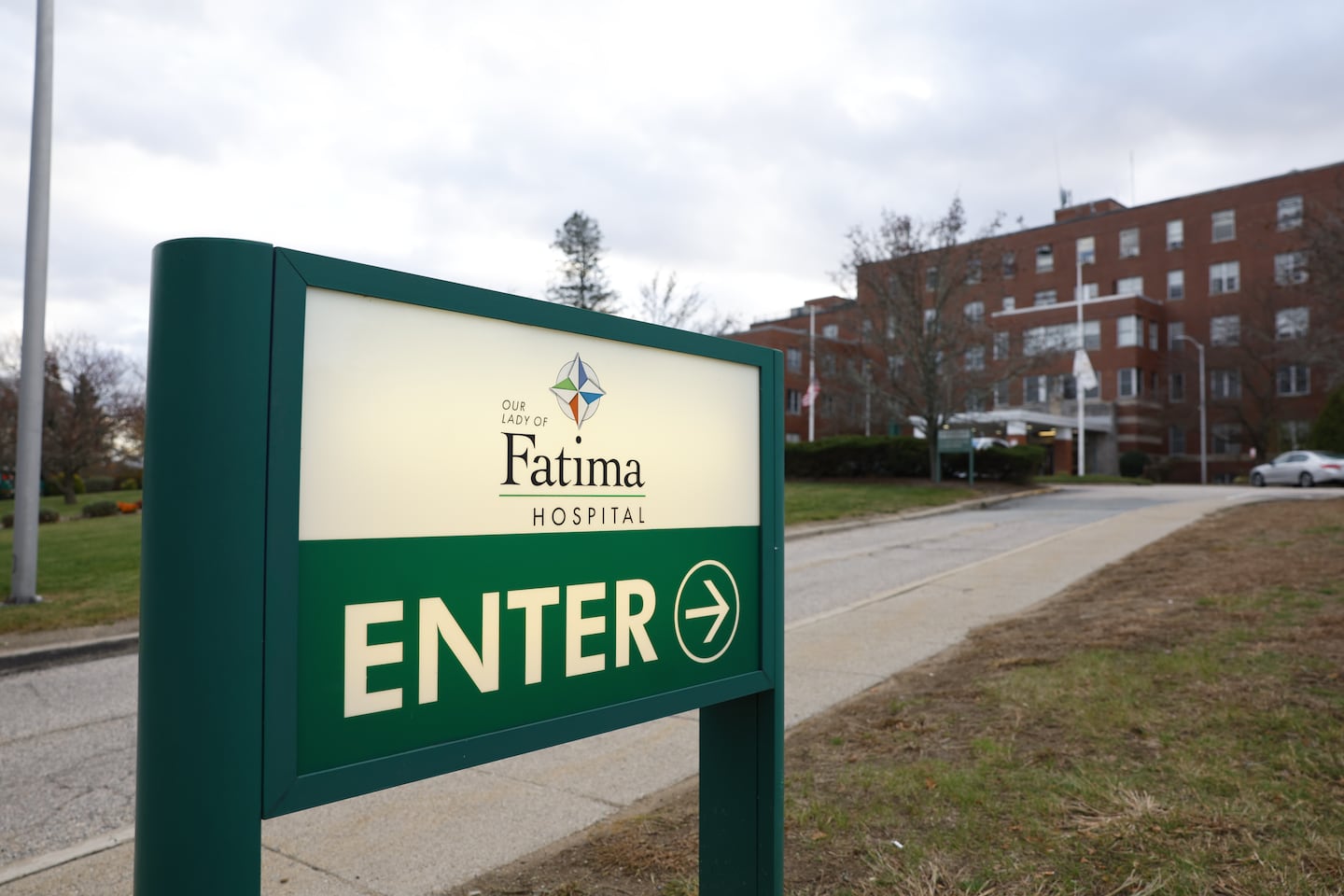Tatiana Schlossberg, the daughter of Caroline Kennedy and granddaughter of President John F. Kennedy, revealed on March 15, 2024, that she has been diagnosed with terminal cancer. In an essay published by The New Yorker, the 35-year-old disclosed that she has acute myeloid leukemia, characterized by a rare mutation known as Inversion 3. This life-altering news came on the same day she welcomed her second child, a moment overshadowed by the unexpected diagnosis.
Schlossberg’s diagnosis followed a routine post-delivery examination, during which doctors noticed an extraordinarily high white blood cell count. She described her disbelief, stating, “I did not—could not—believe that they were talking about me. I had swum a mile in the pool the day before, nine months pregnant. I wasn’t sick. I didn’t feel sick. I was actually one of the healthiest people I knew.” Reflecting on her situation, she remarked, “This could not possibly be my life.”
Treatment Journey and Family Support
Following her diagnosis on May 25, 2024, Schlossberg spent five weeks at Columbia-Presbyterian, where her condition stabilized enough for her to start treatment at home. She also underwent treatment at Memorial Sloan Kettering, including a bone marrow transplant. Unfortunately, despite initial progress, she eventually relapsed after a subsequent round of chemotherapy.
In her essay, Schlossberg expressed her gratitude for her family’s unwavering support during this challenging time. “My parents and my brother and sister, too, have been raising my children and sitting in my various hospital rooms almost every day for the last year and a half,” she wrote. She acknowledged their silent strength, noting, “They have held my hand unflinchingly while I have suffered, trying not to show their pain and sadness in order to protect me from it.”
Schlossberg reflected on her efforts to fulfill her familial roles, stating, “For my whole life, I have tried to be good, to be a good student and a good sister and a good daughter. Now I have added a new tragedy to her life, to our family’s life, and there’s nothing I can do to stop it.”
Clinical Trials and Healthcare Concerns
In January, Schlossberg joined a clinical trial for CAR T-cell therapy, an innovative immunotherapy treatment that has shown promise in combating certain blood cancers, including leukemia. She shared her apprehensions about her prognosis, with her doctor suggesting that he might be able to extend her life for another year. Reflecting on her children, she wrote, “My first thought was that my kids, whose faces live permanently on the inside of my eyelids, wouldn’t remember me.”
Schlossberg’s essay also highlighted her concerns regarding healthcare access in the current political climate. She criticized her cousin, Robert F. Kennedy Jr., who was nominated to serve in President Donald Trump’s cabinet as Secretary of Health and Human Services. Schlossberg expressed her fears about potential cuts to vaccine research and the implications for immunocompromised individuals, stating, “Bobby is a known skeptic of vaccines, and I was especially concerned that I wouldn’t be able to get mine again.”
As she navigates her diagnosis and treatment, Schlossberg’s focus remains on cherishing moments with her children. She poignantly remarked, “Sometimes I trick myself into thinking I’ll remember this forever, I’ll remember this when I’m dead. Obviously, I won’t. But since I don’t know what death is like and there’s no one to tell me what comes after it, I’ll keep pretending. I will keep trying to remember.”
Schlossberg’s personal journey not only sheds light on the realities of living with terminal cancer but also raises significant questions about healthcare accessibility and the impact of political decisions on vulnerable populations.







